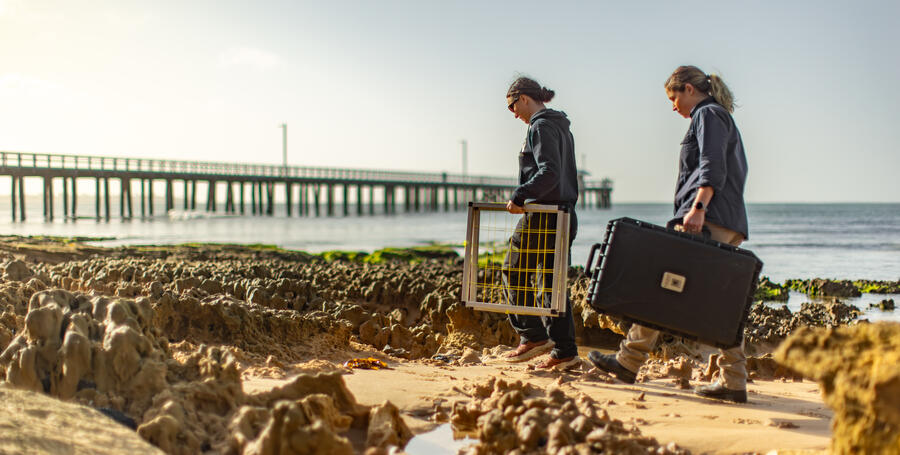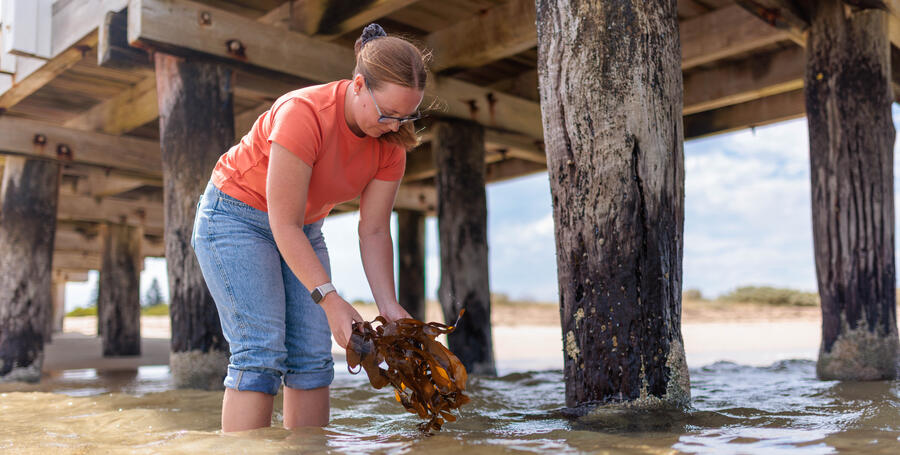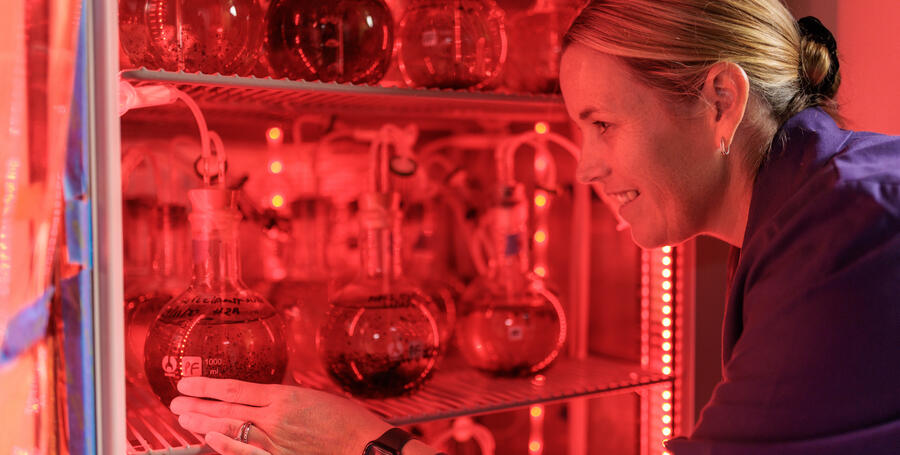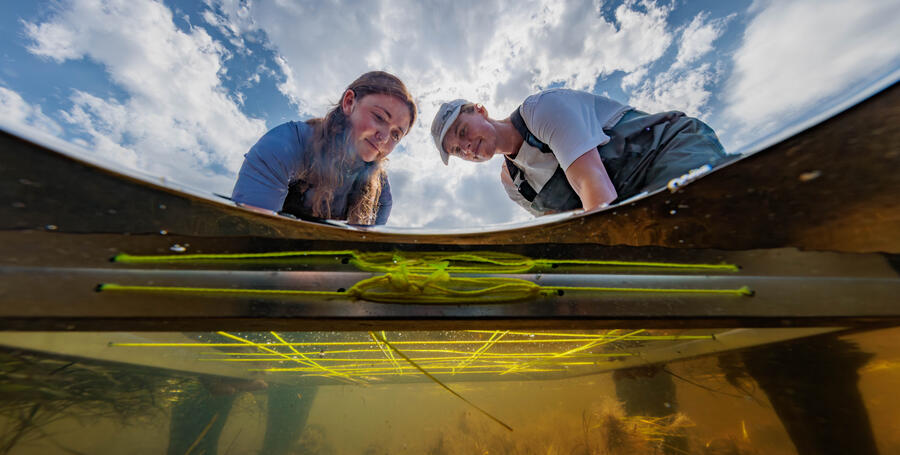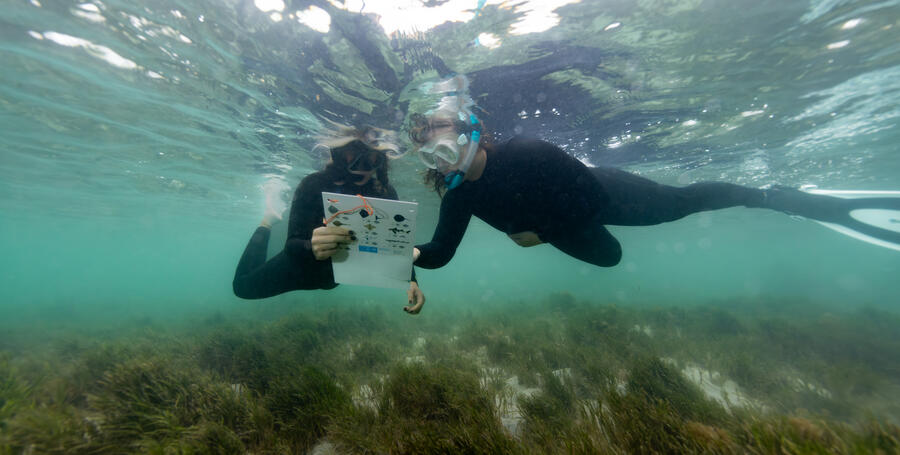Driving marine innovation for a sustainable future
Deakin Marine leads marine science innovation in Victoria, with real-world impact on ocean economies and environmental sustainability.
Our research spans habitat restoration, sustainable aquaculture, climate resilience and coastal process monitoring. We work to revive ecosystems like mangroves and seaweed, support ethical seafood production and track environmental change to inform adaptation strategies.
Through cutting-edge science and collaboration, we’re driving lasting change for healthy, resilient oceans for years to come. Our data contributes to national monitoring systems, helping protect Australia’s marine future.
Our research areas
From restoring vital ecosystems to advancing sustainable seafood, our research strengthens marine resilience, safeguards biodiversity and informs responses to climate and coastal change across Victoria’s oceans and waterways.
Restoring lost populations and habitats
We develop innovative research solutions and practices in coastal and freshwater ecosystems to boost populations of threatened species, and restore lost habitats, such as mangroves, seagrass, oysters and seaweed.
Innovating sustainable seafood
We work closely with the dynamic aquaculture industry to develop techniques and technologies for production that improve environmental sustainability and secure animal welfare.
Climate resilience
We research the effects of environmental variability and human activities on the physiology, ecology, behaviour and demography of marine organisms. This knowledge informs ways to manage and adapt to climate change, human-induced change and biosecurity threats.
Coastal and ocean processes
We seek to understand coastal processes and the effects of climate change. Our extensive coastal observations and monitoring program is an integral part of the national Integrated Marine Observing System network and the Victorian Coastal Monitoring Program.
Australian love our coasts and oceans, but changes are coming to them fast and hard. Deakin Marine’s researchers generate new knowledge to tackle these challenges to keep our oceans healthy and productive so we can continue to enjoy them.
Professor Tim Dempster
Director, Deakin Marine
Dive into new discoveries
Join Deakin Marine and be part of Victoria’s leading marine research institution. Study with us to help drive innovation for a sustainable future for our oceans. Research topics include restoring ecosystems, pioneering sustainable seafood solutions and the climate impacts on oceans.
Featured projects
Our researchers are involved in groundbreaking projects that improves our knowledge of Victoria’s coastal environments.
Future-proofing kelp populations
Restoring kelp forests is vital to marine health. With Port Phillip’s golden kelp in decline, we’ve created a long-term seedbank and will map genetic links to guide targeted restoration.
Aquaculture and feed innovation
The Aquaculture and Feed Innovation (AquaFI) lab is a state-of- the-art research laboratory, focused on sustainable fish production, developing feed and aquaculture technology, and industry training.
Tracking giant spider crabs
Deakin Marine has mapped migrating giant spider crab aggregations for the first time, using thousands of citizen sightings, camera images and acoustic tags to track post-moult movements.
Contact us
Whether you’re interested in our research, want to collaborate or wish to stay updated on the latest developments at Deakin Marine, get in touch.


